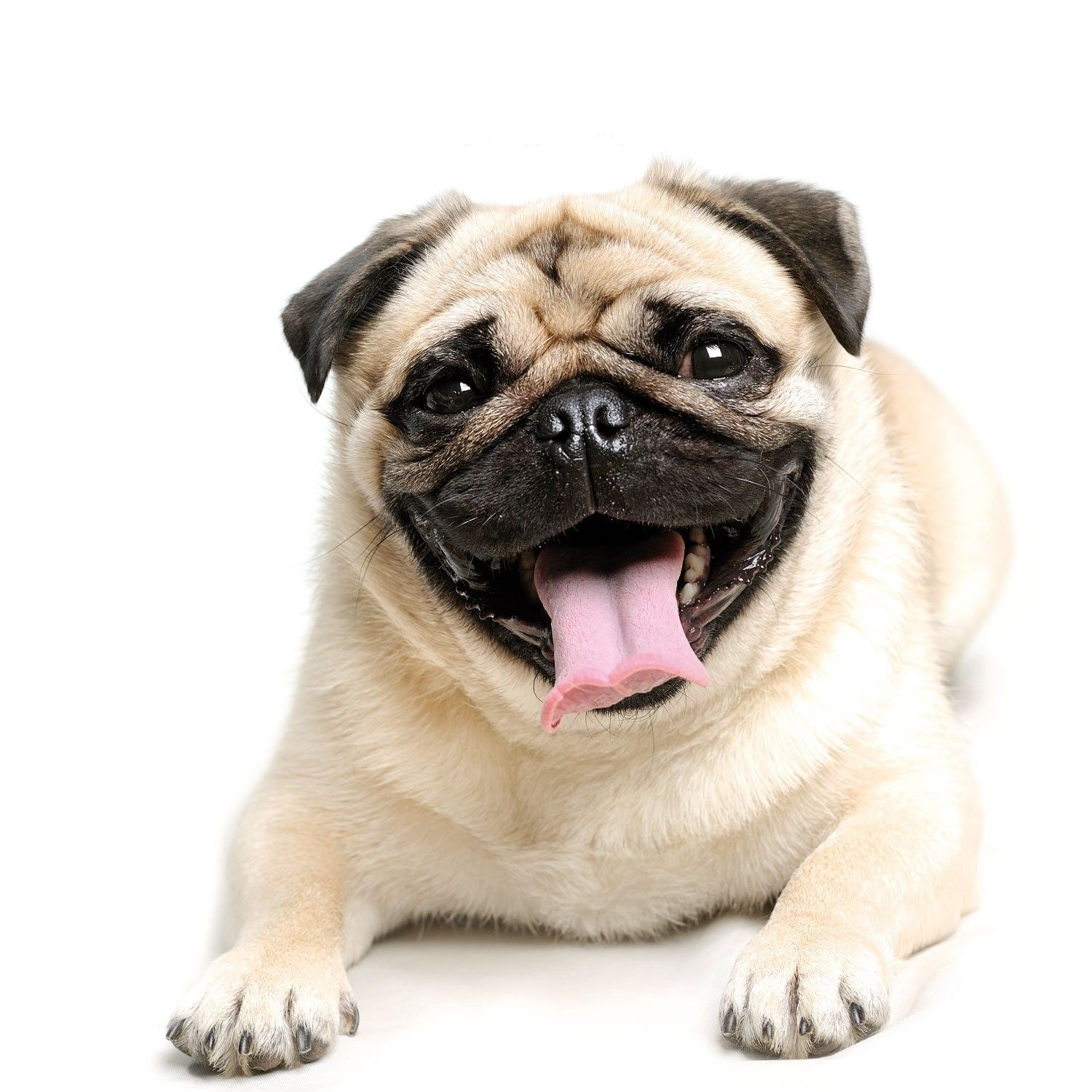Breed Info Summary
Breed Suits: Families with young and older children, apartment living, companionship
Shedding/Non-Shedding: Heavy
Size: Small
Origin
Pugs originated back to the Han dynasty in China (B.C. 206 to A.D. 200). According to some historians, they are even linked to the Tibetan Mastiff. The Emperors of China regarded them highly and provided them with lavish living quarters, with troops on hand to protect them.
Pugs were brought to the United States during the Civil War, and the American Kennel Club recognized the breed in 1885. Pugs were formerly quite popular, but by the turn of the century, their popularity had dwindled. After a few years, a few determined breeders continued to breed, and the breed regained popularity. The Pug Dog Club of America was founded in 1931 and was recognized by the AKC in the same year.
Known as the clowns of the canine world, these solid, compact dogs are members of the American Kennel Club's Toy group and are regarded as the clowns of the canine world due to their great sense of humor and desire to show off.
Personality
Pugs are a friendly breed that get along well with other animals and little children.
Pugs enjoy being a part of their owners' lives, including sleeping in their beds and sitting in their laps. There are numerous characteristics that make up a Pug's unique personality, but one of the most important is their love of sleep.
Pugs are ideal family dogs because they love their owners totally and want to spend their entire lives with them. If you decide that a Pug is the breed for you, you will most likely be sharing your bed with your new family member! It's also crucial to realize that, despite their intelligence, they may be stubborn, and educating them requires patience and perseverance.
Pros and cons to consider
Pros
- Adapts effectively to compact spaces such as apartments and houses
- Moderate energy level
- Family friendly
- Moderate exercise
Cons
- Tendency to develop separation anxiety
- Health issues (prone to allergies and infections of the eyes, sinuses, and throat due to their facial features)
- Snoring and wheezing


